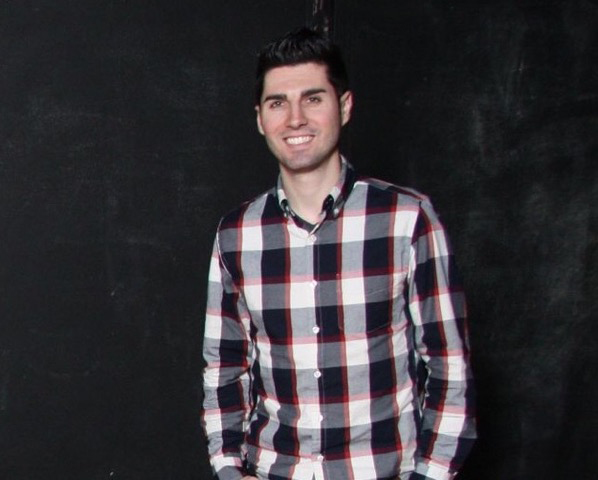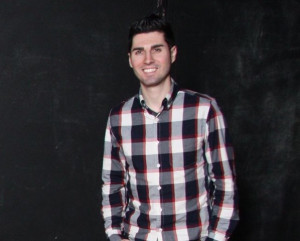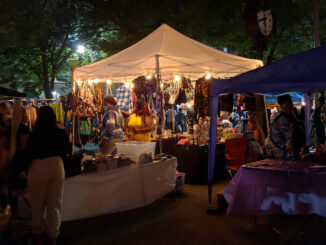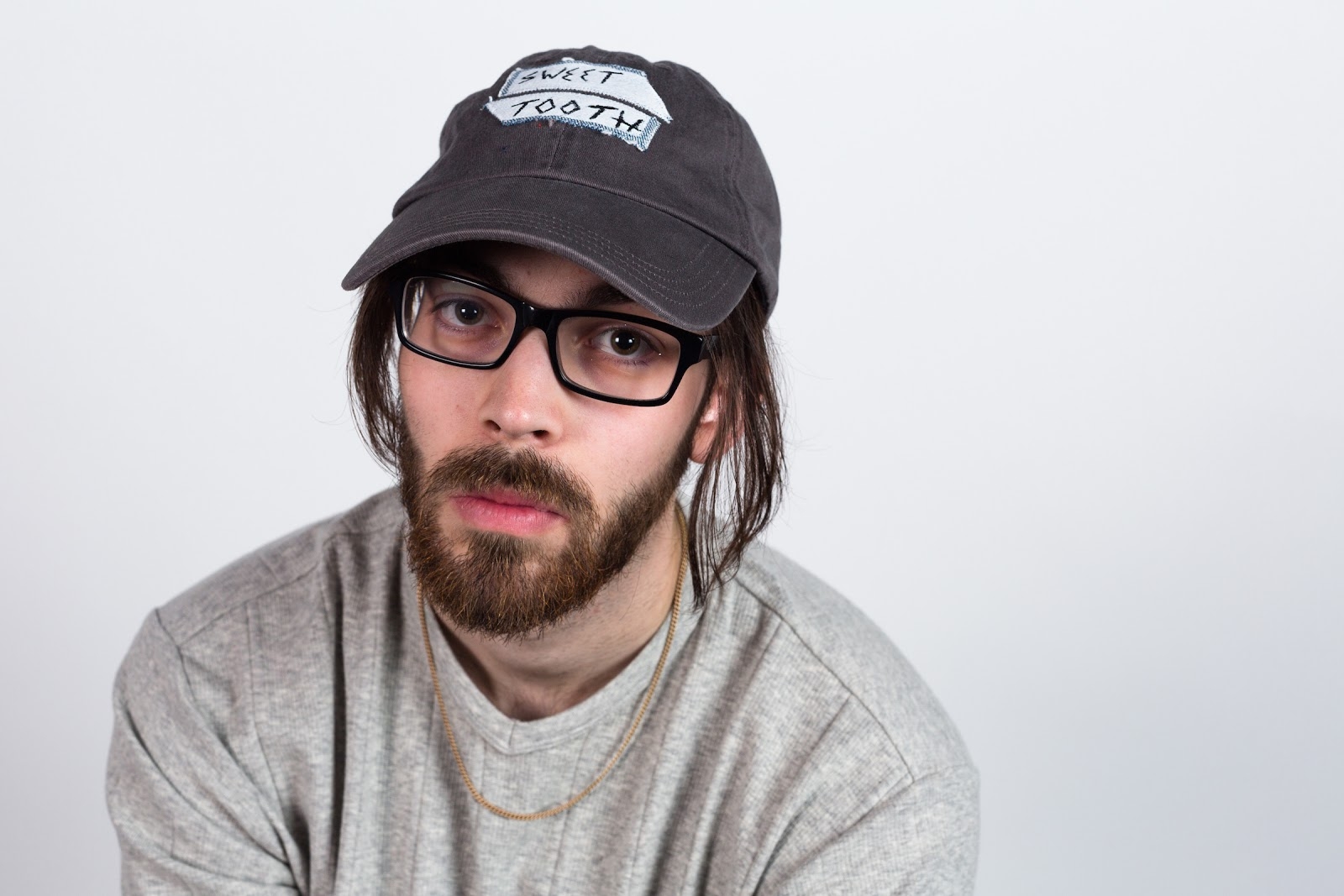

By: Seth Culp-Ressler | Features Editor
Chris Daley is an adjunct professor at Duquesne who teaches classes on advertising. He is also the Manager of Digital & Social Marketing at UPMC Health Plan. When he isn’t working with advertising, in the field or in the classroom, he fronts the local punk band Mace Ballard. We sat down with Daley to talk about what it’s like to balance a band with a day job and what music means to him.
Q: What classes do you teach here at Duquesne?
A: It is Copy Writing for Advertising, so we do everything from strategy writing to actual writing of ads. It’s really a lot of work, but the reason it’s that way is there was a situation when I graduated undergraduate, before graduate school. I got an interview at Deutsch Advertising in New York City. They’re one of the biggest ad agencies in the world, it’s amazing right out of school to get an interview there. I go there, meet with the people. I had a good conversation, and they wanted to see my “book.” I did not know what they meant. They were looking for a portfolio and real work experience.
My undergraduate was a lot of theory and just ideas, history — and that’s all-important — but there was not ever the stuff to translate that into real-world applications and things that you could turn into a portfolio. So what I always tell the class is that we’re only going to go over the things that other people will pay them to do, and that at the end of it they’re going to have this portfolio. Including working with a real client that they can use on job interviews to point to actual skills that they’ll have learned.
Q: How does your teaching relate to your work with UPMC?
A: Well the easy thing about teaching this class for me is that it’s so real. Because the documents and the process that we go through, from doing research on your target audience to writing a creative brief to writing a copy based on evidence. And kind of combining traits of these with research is what we do in the real world, especially here at UPMC. So that is the connection. It’s all, like I promise them at the beginning; it’s all based on real world stuff. It’s all things I can give them millions of examples of because I’ve been dealing with it for years.
Q: On a seemingly unrelated note, you are the lead singer for the punk band Mace Ballard. How did that come about?
A: I’ve always been a big fan of music, I think like many of us, and the great thing about it, and about writing and creating songs and the software available, is that anybody can try it now. There’s so much information about learning in music, whether you want to teach yourself or you want to play along with a song or something. So I’ve always had the do-it-yourself mindset, so whenever I think something is interesting or cool I try it myself and see if I can make my version of it, whether that’s songwriting or ads or some kind of pasta dish.
Whatever it is, whatever’s out there that you want to try there’s no reason not to make your own version of it. So that’s kind of how I got interested in music. Just going to see shows, whether you’re seeing a legend like The Rolling Stones or you’re seeing a local band — which I think everybody should — you kind of get that same feeling of just some kind of energy that you can’t bottle. You can only experience in that moment. And that’s why I wanted to be in a band, because not only do you create music that you record that you’ll have forever, but you have a collection of these high-energy, high-meaning moments that are just really something that can give you momentum for everything else you’re doing in life.
There’s a ripple effect for me after playing a show. Whether I have to work the next day or a weekend day or we’re playing another day. The vibe of it, it’s almost like the beat is still going or the energy of the crowd or the other bands stays with you for a while. And you kind of schedule shows to keep your audience involved, and supply and demand and all that music marketing business fun stuff. But really it’s kind of, at some point, also for us, because you really can’t get that kind of a feeling anywhere else. That’s what I like about it.
Q: What is fronting a band like?
A: It is interesting. So I used to play guitar, but now I just front the band and just sing. It’s way easier, although for a while it was pretty awkward. I started adjuncting around the same time as that. They kind of went hand-in-hand, it’s almost like you’re performing. You don’t have anything to hide behind. But that’s kind of what music is. Music is vulnerability. And when you can be the first one to show that to an audience they kind of respond by giving you attention. And that’s, well, all anybody wants is somebody to give them a chance and listen.
This interview has been edited and condensed




